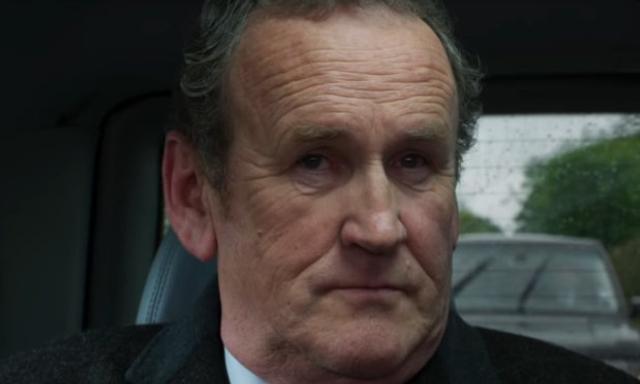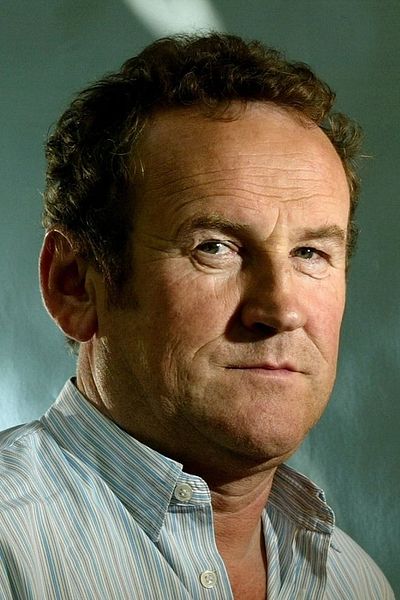Making a film about two of the most contentious characters in Ireland's history was never going to be easy.
However, for director Nick Hamm and stars Colm Meaney and Timothy Spall, it was something that had to be done. "We knew we had something, we knew we had lightning in a bottle, and we knew we were creating something extraordinary," said Hamm in our interview, but admitted that the premise was going to take some doing. "If I said to you, you have twenty minutes in the back of a car, you get out and walk around a wood, and then you walk around a church, and you're gonna charge people money for that and then take it to the Venice Film Festival, you'd say that I was insane."
The film follows a fictionalised version of a journey that took place where Ian Paisley leaves the negotiating table that would lead eventually to the St. Andrews Agreement to return to Belfast for his wife's wedding. As part of a deal and insurance that he won't be harmed, Martin McGuinness agrees to travel with Paisley. As you'd expect, there's no love lost between them - but McGuinness (Meaney) is eager to try and break the ice between them without the glare of cameras and expectations on them. For a film that's about such a serious subject, there's a few moments of comedy - but it wasn't a conscious decision, according to Meaney.
"It was obvious that they'd created a relationship where there was room for this kind of humour and sharing of jokes, but nobody set out to put a few laughs to make the politics more bearable," said Meaney. "It was very much organic and part of the relationship that these two guys. There was never any sense of Tim and I looking for laugh lines, or try get a joke in. A lot of the humour comes from the attitudes, rather than a joke line. Nick's spoken about this before; the Irish humour and literature - O'Casey is full of this - people in very serious situations, but there's a humour that comes out of it inevitably."
Nick Hamm agrees. "Both of these guys are great dramatic actors, but both of them have played comedy in the past. They know where to find the moments. They're not looking for it, but they're both aware instinctively. They don't need to be told to go for it, they find it themselves."
Working on a tight budget, Hamm went to say that although he would have liked more time or a day extra for certain scenes, he made the film the way he wanted. "I didn't need any more money. Would it be nice to have another day on this scene, or that scene? Of course. We had to shoot four or five pages a day - minimum - but there's an energy that comes out of that with the actors that you get. A lot of film acting, as Colm knows, is fractured. Here's your close-up, here's your mid-shot, so what we tried to do is let the actors have these long takes and, if they needed to stop, they could go again. We kept the cameras rolling and because they respected each other so well, they could take it again, work with each other and allow each other to do that."
"We did the movie in the way that we wanted to do it with the money we had," said Hamm. "You could have paid the actors a bit more," laughs Meaney, to which Hamm chuckles along with.
The Journey opens in Irish cinemas on May 5th.




















































































